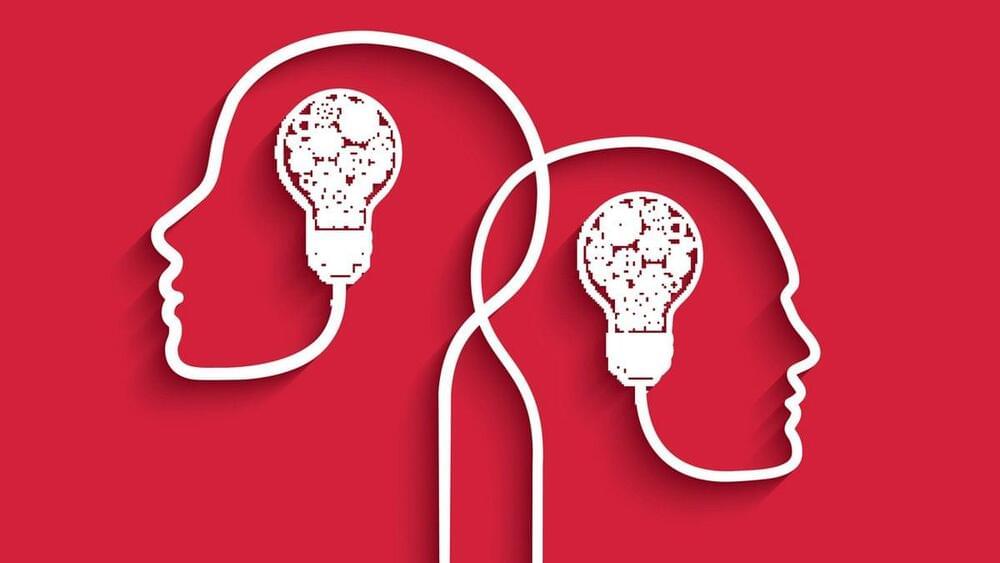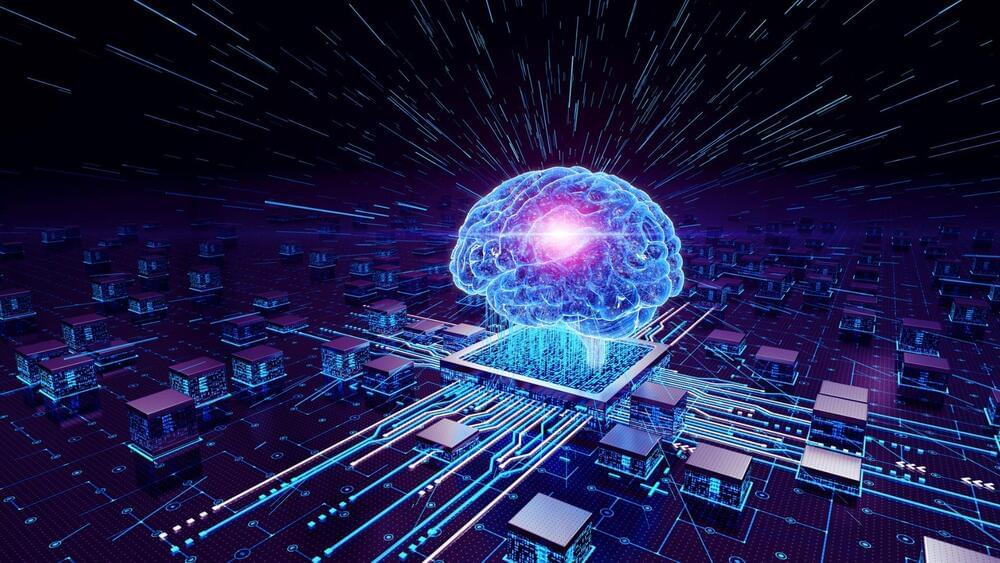AI is driving a dramatic new need for electricity, and while tech execs have long trumpeted their commitment to a green energy future, the urgency of that need presents them with a difficult path forward.
Questions about fueling the AI boom took center stage earlier this month at the CERAWeek by S&P Global, The Wall Street Journal reported. The annual energy conference draws thousands of executives to Houston to discuss topics ranging from geopolitics to the energy transition.
No one knows how much electricity will be needed to power the AI boom. AI requires massive computing power and energy loads and has triggered an explosion of data centers. Microsoft cofounder Bill Gates said at the conference that the amount of power AI is bound to consume is mind-blowing.










 עברית (Hebrew)
עברית (Hebrew)